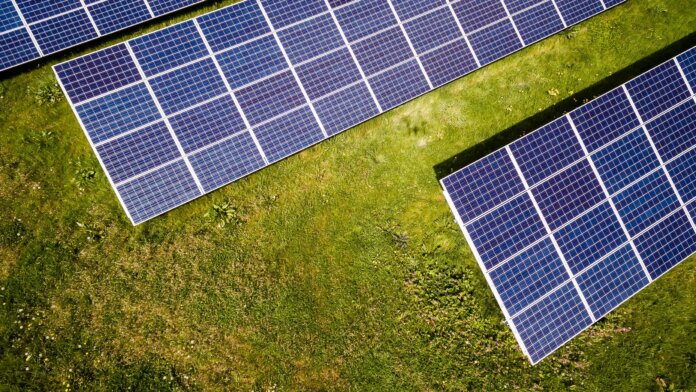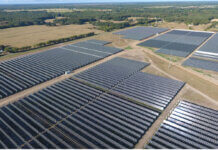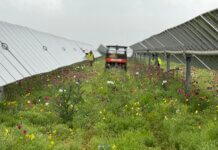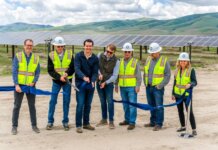The European Commission has presented the REPowerEU Plan, its response to the hardships and global energy market disruption caused by Russia’s invasion of Ukraine. There is a double urgency to transform Europe’s energy system: ending the EU’s dependence on Russian fossil fuels and tackling the climate crisis.
The Recovery and Resilience Facility (RRF) is at the heart of the REPowerEU Plan, supporting coordinated planning and financing of cross-border and national infrastructure as well as energy projects and reforms. The commission proposes to make targeted amendments to the RRF Regulation to integrate dedicated REPowerEU chapters in member states’ existing recovery and resilience plans (RRP), in addition to the large number of relevant reforms and investments which are already in the RRPs. The country-specific recommendations in the 2022 European Semester cycle will feed into this process.
A massive scaling-up and speeding-up of renewable energy in power generation, industry, buildings and transport will accelerate independence, give a boost to the green transition, and reduce prices over time. The commission proposes to increase the headline 2030 target for renewables from 40% to 45% under the Fit for 55 package. Setting this overall increased ambition will create the framework for other initiatives, including a dedicated EU Solar Strategy to double solar photovoltaic capacity by 2025 and install 600 GW by 2030. A solar rooftop initiative with a phased-in legal obligation to install solar panels on new public and commercial buildings and new residential buildings. Doubling of the rate of deployment of heat pumps, and measures to integrate geothermal and solar thermal energy in modernized district and communal heating systems.
Other commission recommendations include tackling slow and complex permitting for major renewable projects, and a targeted amendment to the Renewable Energy Directive to recognize renewable energy as an overriding public interest. Dedicated ‘go-to’ areas for renewables should be put in place by member states with shortened and simplified permitting processes in areas with lower environmental risks. To help quickly identify such ‘go-to’ areas, the commission is making available datasets on environmentally sensitive areas as part of its digital mapping tool for geographic data related to energy, industry and infrastructure.
Delivering the REPowerEU objectives requires an additional investment of €210 billion between now and 2027.
Read more details on the plan here.
Photo by Andreas Gücklhorn on Unsplash




